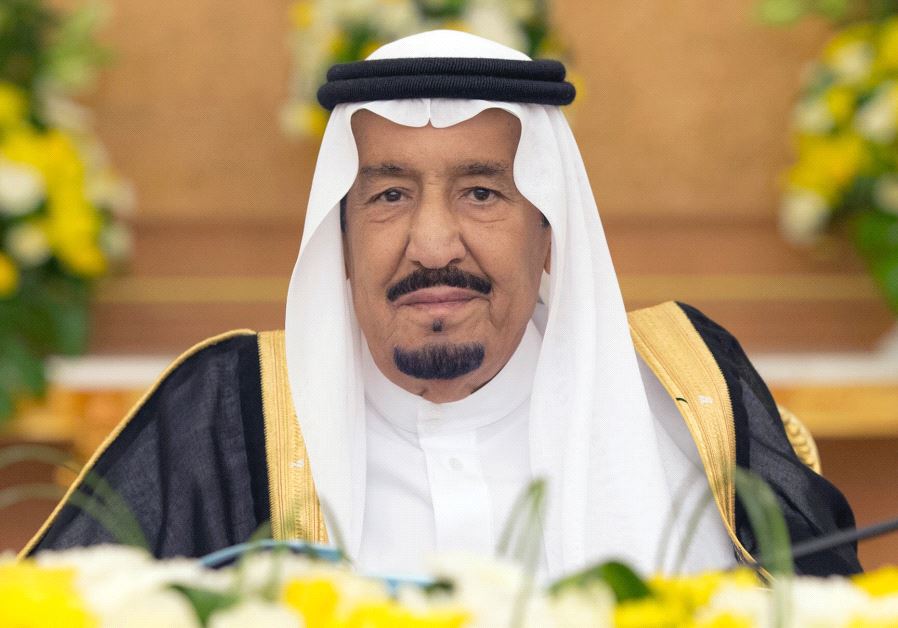Did Netanyahu forget secret regional allies during the Temple Mount crises?
Israel has worked hard to form a quiet regional understanding against Iran and extremism, but what happens in Jerusalem can pour cold water on that.
 Saudi King Salman bin Abdulaziz(photo credit: AFP PHOTO / SAUDI ROYAL PALACE / BANDAR AL-JALOUD)Updated:
Saudi King Salman bin Abdulaziz(photo credit: AFP PHOTO / SAUDI ROYAL PALACE / BANDAR AL-JALOUD)Updated: